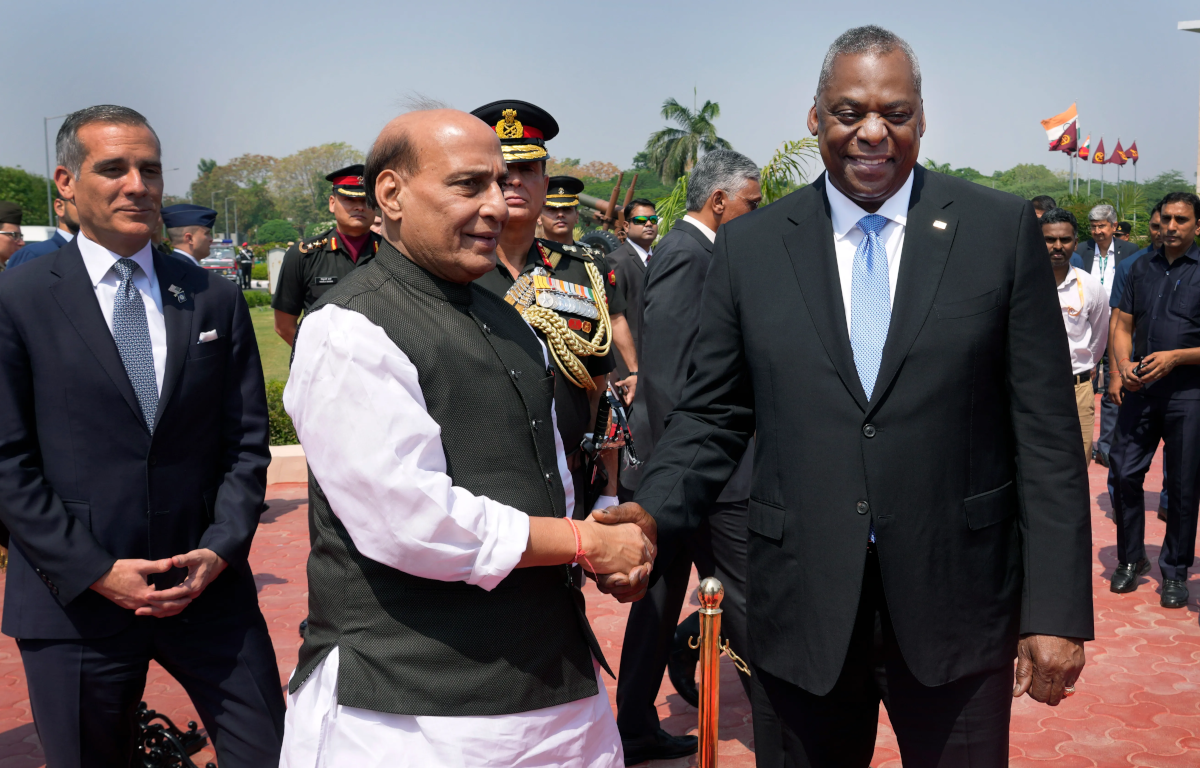
The visit to China by the Nepalese Prime Minister held immense significance, given the deep-rooted cultural and economic ties between the two countries. However, the key highlight of the visit was Nepal’s refusal to back China’s security doctrine, which places paramount importance on national security and sovereignty being controlled by the Chinese Communist Party (CCP).
Nepal’s decision carries several implications. Firstly, it reinforces the nation’s steadfastness in safeguarding its sovereignty and independence. In a region where great powers often exert influence over smaller nations, Nepal’s stance sends a resolute message that it won’t compromise its autonomy for any foreign entity.
Furthermore, this move can be seen as a calculated balancing act in Nepal’s foreign policy. The nation has a history of adroitly balancing its relations with India and China, recognizing that its interests are best served by maintaining equilibrium between these two influential neighbors.
Economically, Nepal values its ties with both China and India. By not endorsing China’s security doctrine, Nepal may be seeking to assure India that its foreign policy remains balanced and not overly pro-China, thus safeguarding its economic relations with both countries.
The decision has also drawn international attention, potentially impacting Nepal’s standing in the global community. The world will closely observe how Nepal navigates its foreign policy in the wake of this diplomatic move.
In a broader context, Nepal’s foreign policy has historically aimed for non-alignment and independence. Sandwiched between two formidable neighbors, Nepal’s cautious approach to international relations has adapted to its evolving domestic political landscape, with changes in leadership contributing to its diplomatic complexity.
In conclusion, Nepal’s decision to abstain from endorsing President Xi Jinping’s security doctrine during the recent visit to China signifies its commitment to preserving sovereignty and navigating the delicate balance between its formidable neighbors. Nepal’s unique position in South Asia ensures that its foreign policy choices will continue to carry far-reaching implications, impacting both regional dynamics and its own future.










Share this: